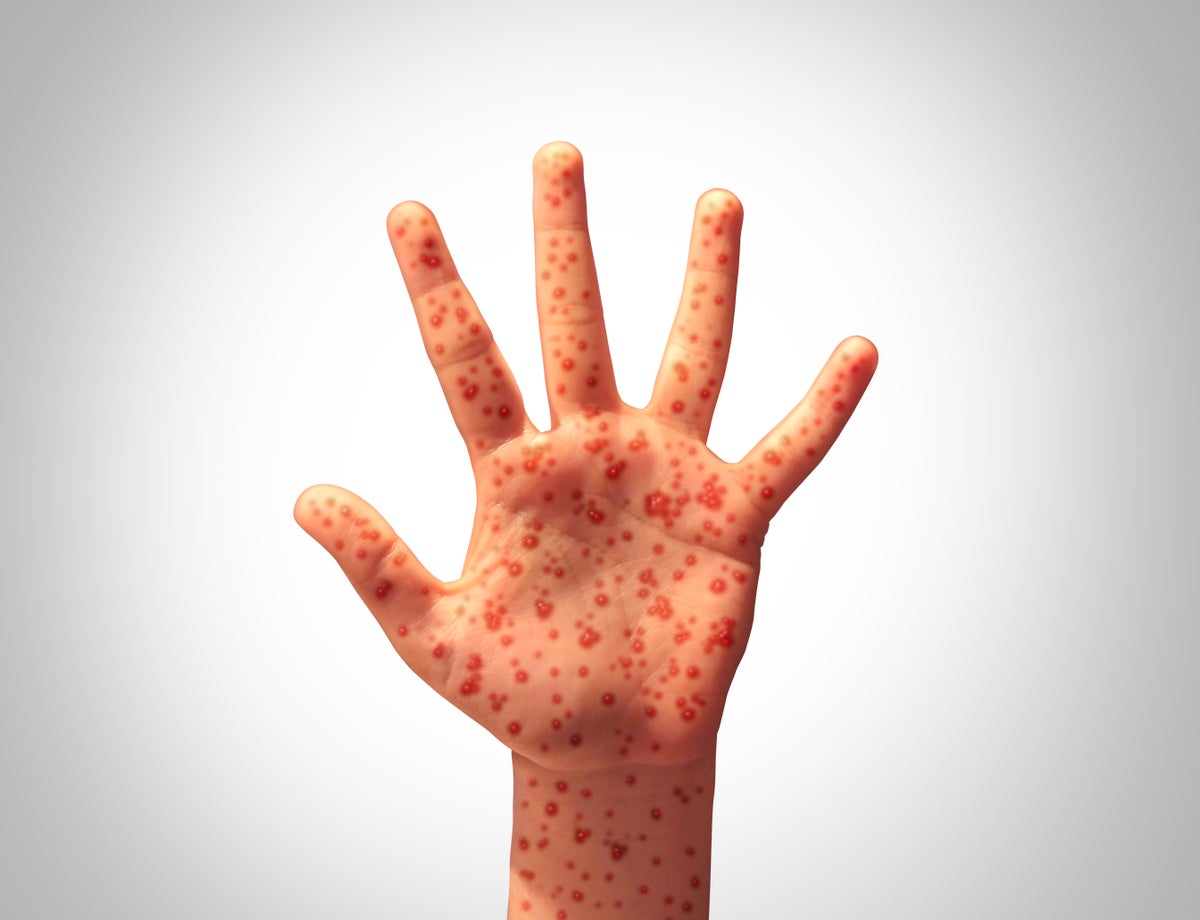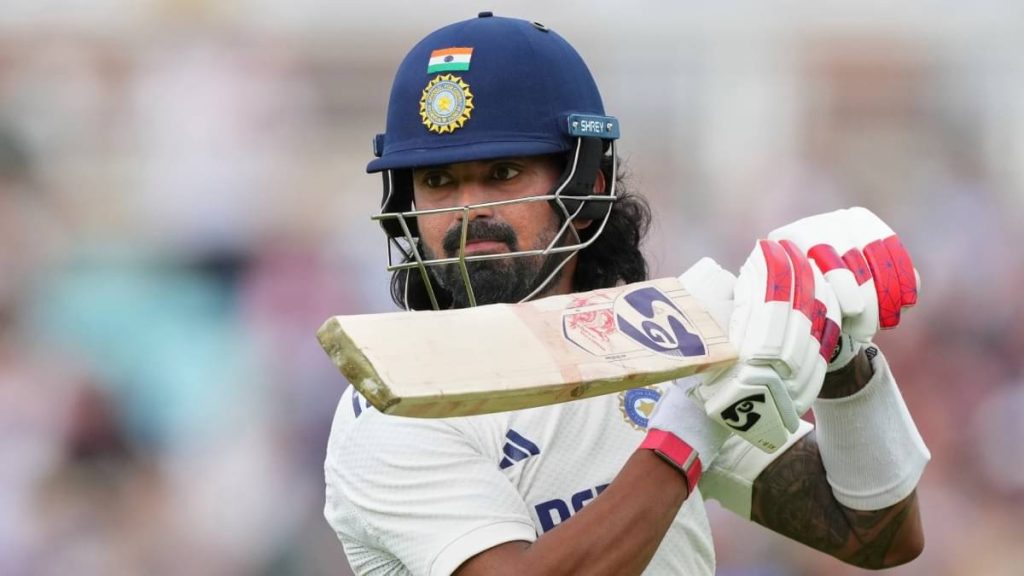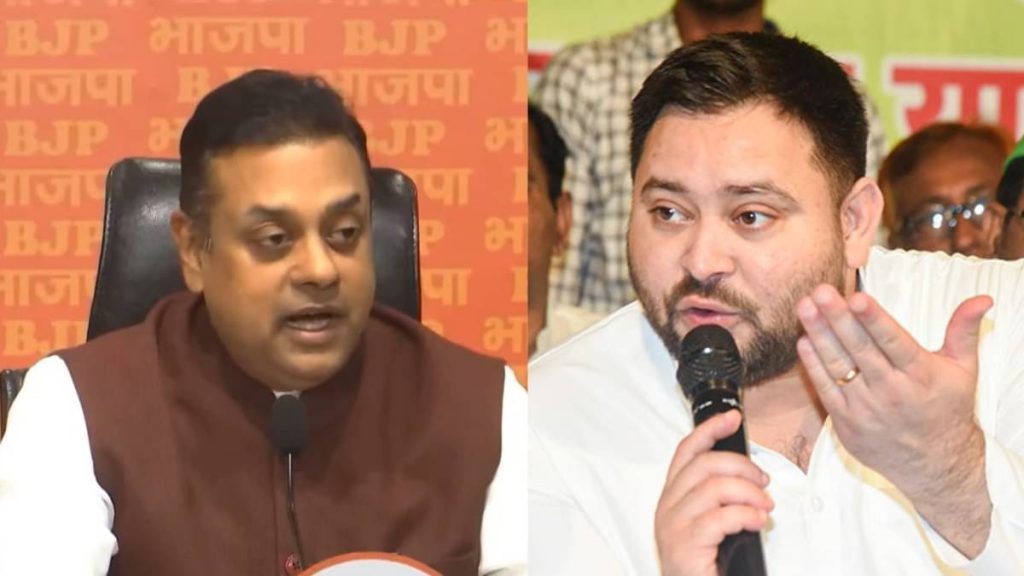Now Reading: Do RFK Jr.’s Alternative Measles Treatments Hold Up?
-
01
Do RFK Jr.’s Alternative Measles Treatments Hold Up?
Do RFK Jr.’s Alternative Measles Treatments Hold Up?

Swift Summary
- The measles outbreak in the U.S. has grown to 935 cases, originating in Texas adn spreading across multiple states.
- Among the 285 infected children, 23% have been hospitalized; 96% of total cases involve people who are unvaccinated or have unknown vaccination status.
- Measles vaccines prevent infection in 97% of cases.
- U.S. health and Human Services Secretary Robert F. Kennedy, Jr., questioned vaccine safety and promoted alternative treatments like antibiotics, inhaled steroids, and vitamin A during a visit to Texas.
– Experts argue these treatments are ineffective against measles itself:
– Vitamin A may help malnourished children avoid eye damage but is generally needless for well-nourished children in the U.S.; excessive doses can be toxic over time.
– Inhaled steroids suppress immune cells needed to fight viruses; they could worsen measles infections.
– Antibiotics combat bacterial pneumonia that may co-occur with severe measles but do not treat the virus itself.
- Kennedy announced plans to direct the CDC to research new measles treatments but enacted budget cuts earlier that may limit progress.
📷 Image: Read More
Indian Opinion Analysis
The rapid spread of measles in an industrialized country like the U.S., where effective vaccines exist, highlights challenges posed by vaccine hesitancy-a subject relevant globally. India’s large-scale vaccination campaigns frequently enough face similar obstacles related to misinformation about vaccine safety or cultural resistance within certain communities.
The ineffectiveness of alternative treatment approaches like antibiotics or inhaled steroids serves as a reminder that medical interventions must adhere strictly to scientific evidence. India’s healthcare system could use this as an example against promoting unverified therapies for illnesses preventable through immunization.
Kennedy’s initiative for new antiviral developments contrasts sharply with expert recommendations emphasizing existing solutions-vaccines with proven efficacy rates near-worldwide success (97%). For India, prioritizing public awareness around vaccination benefits remains critical alongside investing resources into areas where curative treatments for diseases without vaccines are genuinely needed.
Ensuring robust public health policies backed by science-not partisan narratives-is essential for safeguarding large populations from diseases such as measles.


























